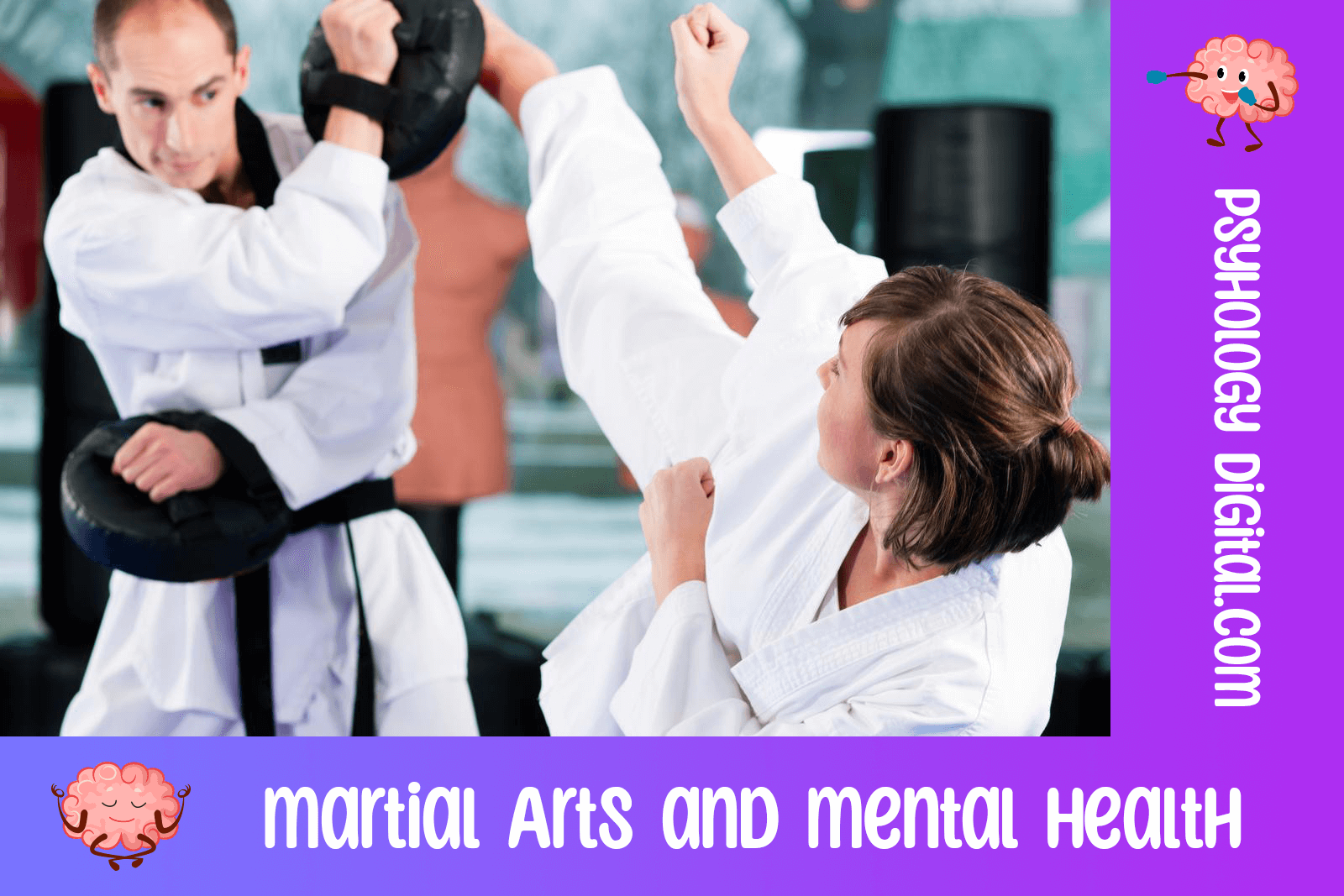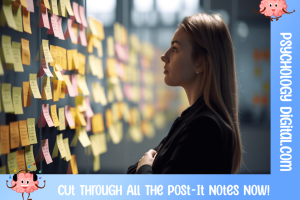
Martial arts training is an effective way to promote mental well-being. It offers a combination of physical exercise, mindfulness training, discipline, and an inclusive community atmosphere.
Depression and anxiety can have severe negative impacts on everyday life. Martial arts training offers individuals a structured routine and purposeful focus that can relieve these conditions.
Beyond Physical Combat
Martial arts offer many benefits that transcend physical combat. Their training process fosters courage, tenacity, humility, and compassion while building strong social bonds among practitioners. Students discover they can overcome physical or mental challenges if they work hard and never give up!
Martial arts require practitioners to constantly evaluate their mental states and motivations, with mindfulness and emotional awareness spilling over into daily life, making it easier to cope with stress, anxiety, and other challenges.
Martial arts have long been recognized for fostering self-confidence, which can help those suffering from low self-esteem or insecurity to bolster their sense of personal strength and alleviate depression by improving overall well-being.
Additionally, training often involves working with a partner. This enables students to build trust and communication skills with one another that help manage stressful situations more efficiently and adapt more quickly to changes. Furthermore, research suggests grappling-based martial arts like Brazilian Jiu-Jitsu can foster critical thinking abilities such as problem-solving and resilience training while increasing flexibility – all while making participants feel more in control and boosting confidence when faced with new situations.
The Essence of Discipline and Focus
People often associate martial arts with flashy fighting techniques and an archetypical warrior archetype. Yet, these combat styles follow a holistic training philosophy that cultivates self-discipline and character building. Martial arts training helps individuals remain calm under pressure by teaching us how to focus and stay composed. This ability will assist us with managing stressors in daily life.
Martial arts training also cultivates perseverance and the courage to face challenges head-on, building mental resilience that helps overcome the fear of failure and foster confidence and an enhanced sense of well-being.
Martial arts also promote a mindset of humility and gratitude, showing people they can achieve anything with hard work and effort. Such training helps build self-esteem, improving social life and family ties.
Martial arts training often occurs within a team setting, creating an atmosphere of community and support. One study demonstrated how combining martial arts training with psychotherapy could significantly enhance mental health outcomes among young at-risk males. There are many Dojos and other training facilities worldwide for Martial Arts teachings. It’s something that is more easily accessible than ever before.
Overcoming Mental Barriers
Barriers are mostly made up of mental stress blocks and thoughts. Once we learn to control this internal dialogue through the discipline of Martial Arts, we’ll feel more confident in new abilities and face the world with a whole new enlightened perspective.
Are You Struggling with Mental Health Issues Like Anxiety or Depression or Looking for Ways to Increase Your Well-Being? Martial arts Can Be An effective tool.
Martial arts training demands perseverance and an optimistic can-do mindset to break down mental barriers successfully. Doing martial arts helps motivate you toward reaching your goals more easily while building confidence as time goes on – essential for people with low self-esteem who must develop more resilience to overcome challenges and remain resilient against life’s hardships.
Martial arts training also has numerous other advantages for people struggling with depression, including its emphasis on respect, assertiveness, and purposeful action. This helps provide relief by encouraging individuals to believe they’re capable of more than initially anticipated.
Physical activity releases feel-good hormones known as endorphins that can help combat depression and anxiety by making you feel good, improving your mood, and leading to better sleep. This is particularly essential for people living with mental health conditions as insomnia may worsen symptoms; exercise also gives people a chance for restful slumber, which could ultimately improve symptoms associated with depression and anxiety.
The Meditative Aspect of Martial Arts
Martial arts provide many essential benefits for our minds and bodies. Martial arts also teach us how to control anger without resorting to violence – an invaluable skill that can be utilized daily, whether dealing with frustration in work situations or trying to avoid confrontation between friends.
Martial artists tend to train together, which fosters a sense of community. You can build friendships that promote good mental health relationships. This has an enormously beneficial effect on your mental health – particularly for those experiencing loneliness or depression. Furthermore, martial arts instructors and fellow students provide support and encouragement that helps those struggling with self-esteem or confidence issues.
Meditative exercises are integral to martial arts training, from breathing exercises and mindfulness meditation to visualization techniques. Mindfulness meditation entails paying attention to thoughts and sensations without judgment in the present moment – something which can help martial artists remain calm and focused during training or competition; visualization techniques involve mentally rehearsing physical movements or scenarios to improve technique.
Martial arts such as yoga, qigong, and tai chi use both stationary and moving forms of meditation for enhanced physical performance, such as strengthening strength and balance while improving coordination and decreasing anxiety levels. Meditation also increases focus and concentration and reduces stress levels to cultivate greater self-awareness of oneself and the world at large.
Harnessing Inner Calm
Martial arts training can help you manage your emotions better. Breathing deeply reduces stress and calms the mind. Mindfulness encourages living in the present moment – skills that may help deal with depression, anxiety, and other mental health challenges.
Martial arts practice can also help diffuse anger and other negative emotions. Training often causes students to work up a sweat, which releases endorphins (feel-good hormones) into their system naturally – these bind with receptors similar to prescription painkillers without risk of addiction or dependence.
A regular martial arts training session will teach you that you can be mentally and physically disciplined. There is so much to learn from the simple training techniques you will do to more complicated things like Kata knew. This allows you to learn techniques to transfer the discipline to other avenues in your life that you might struggle with.
Martial arts teach participants to be assertive and confident in social situations, sometimes necessitating physical contact between participants (for instance, during sparring). Doing this activates oxytocin production, which is linked to decreased anxiety levels and enhanced social interactions.
Regular training sessions and dedication to a schedule help combat lethargy and inertia often associated with depression and anxiety, boosting self-esteem and a sense of purpose in life. Physical movement coupled with mental discipline creates a symphony that strengthens one against life’s challenges – whether through Krav Maga’s practical self-defense strategies, Aikido’s focus on balance and spiritual development, or Ninjutsu’s emphasis on strategy and adaptability; lessons learned will help strengthen one against life’s obstacles – no matter which martial art form one chooses!
Practical Steps for Mental Well-being
Martial arts training offers physical exercise and can teach meditation and breathing exercises to relax the mind and relieve tension. Martial arts helps participants let go of anger without resorting to violence, making life’s ups and downs easier to handle. Learning self-control through martial arts practice will make you a more disciplined person overall.
Most forms of martial arts also incorporate mental training that helps keep you centered and focused. With these tools at your disposal, it becomes easier to focus on important tasks while building confidence and alleviating anxiety.
Martial arts help foster a positive mindset and build confidence in yourself and your abilities. Low self-esteem can leave one feeling like they don’t belong in any aspect of their life – learning martial arts will show just how capable both body and mind are!
Martial arts training releases dopamine, which can boost your mood. Doing martial arts may give you a sense of pride while motivating you to keep training. Talking with a mental health professional may be the best way to treat depression or anxiety, but martial arts may offer another solution for natural relief.


